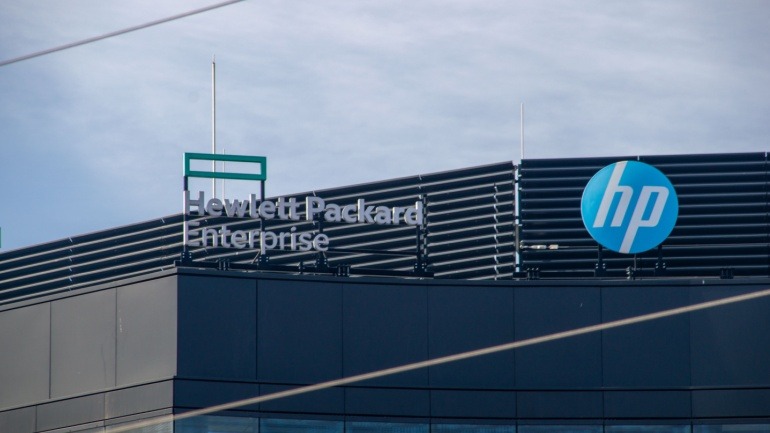Deutsche Telekom has struck a significant agreement with Nokia to modernize its Open RAN network in Germany by replacing Huawei equipment. This strategic move involves deploying over 3,000 Open RAN sites nationwide. Nokia, in collaboration with Fujitsu, provides the necessary O-RAN compliant technology for this project.
“This deal is further evidence of our significant commitment to multi-vendor Open RAN and ensuring we have greater supplier choice for radio access networks,” said Abdu Mudesir, Group CTO and Managing Director of Technology Germany at Deutsche Telekom. “The network performance in the already implemented area is delivering the best customer experience. And now together with Nokia, we look forward to scaling up Open RAN in Germany.”
Such decisions are part of a larger trend among European telecom operators to decrease reliance on Huawei. The Chinese firm has been a dominant equipment supplier in the region, although its presence has recently faced increased scrutiny. Concerns about security raised by the USA and several European governments have prompted these shifts, although the EU itself hasn’t explicitly lobbied against Huawei. However, the EU has introduced stricter security guidelines for network equipment, encouraging telecom operators to diversify suppliers.
This approach has led countries like the UK and Sweden to completely ban Huawei equipment in national networks. Conversely, other nations, including Germany, adopt a more cautious stance that only mandates the removal of Huawei gear from the most sensitive network parts. Despite being slow to mandate this change, Germany has now required the removal of Huawei equipment from the core network by 2026, extending this to wider network components by 2029.
Nancy Faeser, Germany’s Interior Minister, emphasizes the importance of this cautious approach, stating, “We are protecting the central nervous systems of Germany as a business location — and we are protecting the communication of citizens, companies, and the state.”
Deutsche Telekom, historically reliant on Huawei, has been shifting towards a more diverse vendor base to align better with EU objectives. Partnering with Nokia marks a significant step towards reducing dependency on high-risk vendors and fostering a competitive, secure telecommunications ecosystem.







